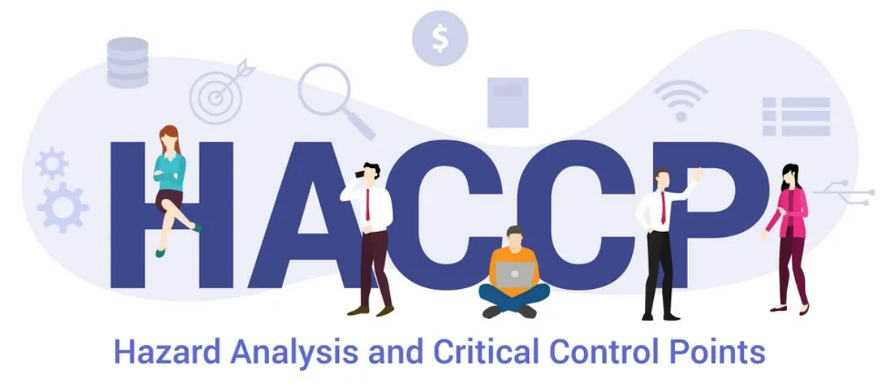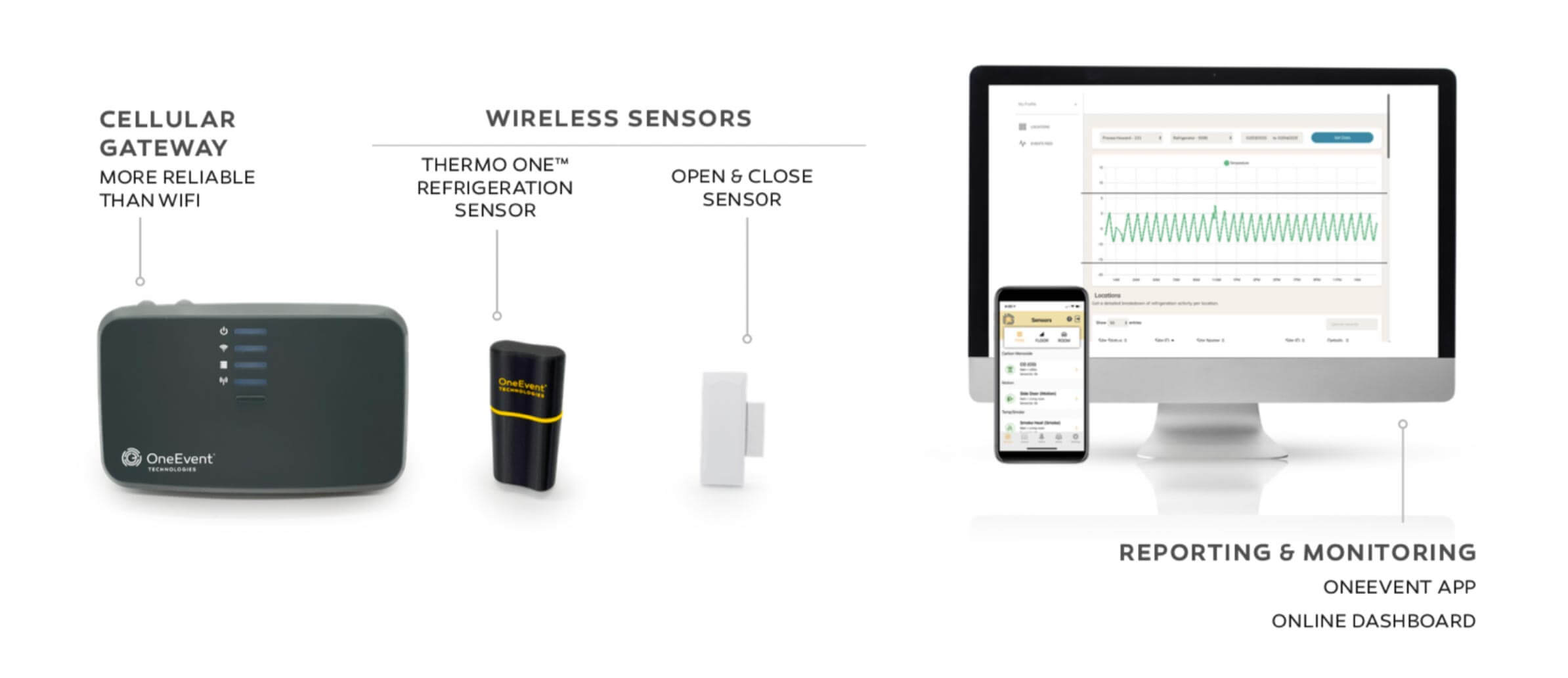Refrigeration temperature monitoring is important for Hazard Analysis and Critical Control Points (HACCP) compliance, particularly in the context of food safety. As you know, HACCP is a systematic approach to identifying, evaluating, and controlling food safety hazards, and it is widely used in the food industry to ensure that food products are safe for consumption.

Refrigeration temperature monitoring plays a critical role in HACCP for several reasons:
- Preventing bacterial growth: Temperature control is essential for preventing the growth of pathogenic bacteria in perishable food products. Maintaining the correct refrigeration temperature helps slow down or inhibit the growth of these bacteria, reducing the risk of foodborne illnesses.
- Ensuring product quality: Proper temperature control also helps preserve the quality, texture, and flavor of food products. Deviations from the recommended storage temperatures can result in spoilage, loss of nutritional value, and a decrease in product quality.
- Meeting regulatory requirements: Many food safety regulations and guidelines, including HACCP, require businesses to monitor and maintain specific temperature ranges for refrigerated storage. Failure to do so can result in non-compliance and potential legal consequences.
- Hazard identification and control: Monitoring refrigeration temperatures is a critical control point in the HACCP process. It helps identify potential hazards related to temperature abuse and allows for the implementation of corrective actions to mitigate these hazards.
- Documentation and record-keeping: HACCP programs often require businesses to keep records of temperature monitoring and corrective actions taken. These records provide evidence of compliance and help demonstrate that food safety hazards are being effectively managed.
To ensure HACCP compliance, kitchens should establish and maintain temperature monitoring systems for their refrigeration units and create protocols for responding to temperature deviations. Regular training of personnel involved in monitoring and maintaining refrigeration units is also crucial to ensure proper compliance with HACCP requirements.
OneEvent exists to help you better manage food safety, food quality and HACCP compliance. Our digital system assures correct logging of temperatures and data is digitally stored for easy retrieval and reporting.
When temperatures are out of your pre-set range, staff is notified via cell phone with a text, push and/or email message. We are continually hearing from our clients that our system is easy to set up and easy to use. Our patented Thermo Heartbeat® with Predictive Analytics has helped prevent emergencies and product spoilage by alerting users in advance of refrigeration failures. OneEvent: Predict. Alert. Prevent.

